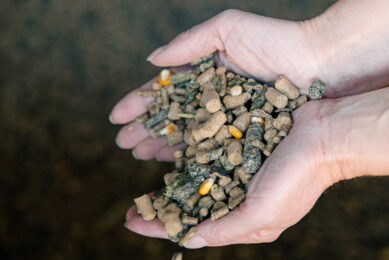Research: Garlic extract inhibits zearalenone toxicity

Tunisian researchers looked into the protective effect of aqueous extract of Allium sativum (garlic) against zearalenone toxicity mediated by oxidative stress.
Zearalenone (ZEN) is a non-steroidal estrogenic mycotoxin produced by several species of Fusarium in cereals and agricultural products. It has been implicated in several mycotoxicosis in farm animals and in humans.
Several reports suggest that oxidative damage seems to be a key determinant of ZEN induced toxicity in vitro and in vivo.
The aim of the current study was to evaluate the protective effects of aqueous extract of Allium sativum (AEA), against ZEN-induced cytotoxicity, reactive oxygen species (ROS) generation and DNA fragmentation in cultured Vero cells.
Indeed, cytotoxicity effects were studied using MTT viability assay, ROS generation measurement and catalase activity induction. To check whether the oxidative stress induction was associated to DNA lesions, the scientists looked for DNA fragmentation using Comet test.
Results
The results indicated that ZEN induced several toxic effects and significant alterations mediated by oxidative stress mechanism.
Treatment by ZEN combined to the lowest dose of AEA (250 µg/ml) showed a significant reduction of ZEN induced damages for all tested markers and a noticeable reduction of DNA fragmentation.
Conclusion
It could be concluded that A. sativum aqueous extracts is effective in the protection against ZEN hazards.
This could be relevant, particularly with the emergent demand for natural products which may counteract the detrimental toxic effects mediated by oxidative stress process and therefore prevents multiple human diseases.











